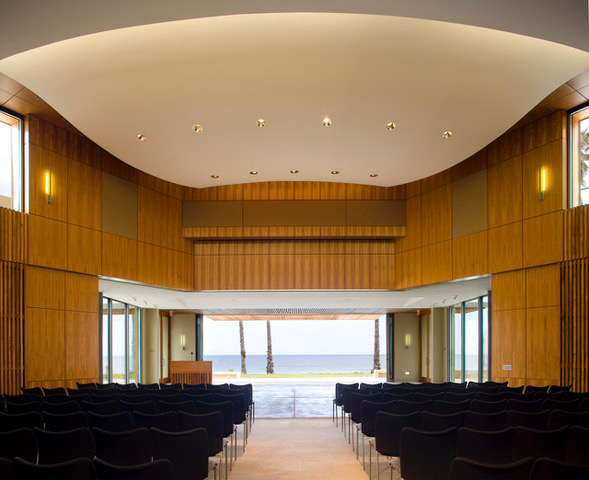
Institutional Seminar Series
(in person)
Tuesday, March 7th, 2023
at Scripps Seaside Forum Auditorium
12 p.m. Talks begin w/ Q&A
Pizza to be served after
-------------------------
TITLE: Emperor Penguins: Diving Icons of Antarctica
ABSTRACT: The emperor penguin is the premier avian diver and an apex predator in the Antarctic marine ecosystem. Over the past 35 years, we have investigated their dive behavior and foraging ecology from remote camps at the Cape Washington colony as well as studied their diving physiology at our Penguin Ranch research camps on the sea ice outside McMurdo Station, Antarctica. In this talk, I will review highlights of their dive behavior during foraging trips to sea and provide an overview of our recent investigations of the physiological processes that allow these birds to perform routine 8 to 10-min dives to 500-m depth and, on occasion, dives greater than 25-min duration.
BIO: I obtained my PhD from UC Santa Cruz and MD from Stanford. I came to San Diego in 1983 to collaborate in diving physiology research with Dr. Jerry Kooyman here at Scripps and to support myself through work in private practice as an anesthesiologist at Sharp Memorial Hospital. I received a research appointment at SIO and established my own laboratory in 1997. My primary interests are diving physiology and behavior. Besides emperor penguins, recent research has included studies of king and Adélie penguins, loggerhead sea turtles, California sea lions, northern elephant seals, and several cetacean species, including the blue whale.
TITLE: Remote hydrology: water through the lens of distant machines
ABSTRACT: Climate change is stressing the West's century-old system of water storage and conveyance, both through longer and more intense droughts and periods of exceptional rainfall and flooding. Nowhere are these challenges more acute than in California’s Central Valley, which produces 25% of the nation’s food on climatologically marginal farmland. Heavy management of often-limited mountain discharge into the Central Valley, along with permanent and oversubscribed rights to surface water, have resulted in unchecked exploitation of the Valley’s long-unregulated groundwater resources and impeded initiatives to use infrequent surface water surpluses for aquifer recharge.
New regulation in the aftermath of California's 2012-2015 drought has sparked interest in better information on groundwater availability. High-quality well level data in the Central Valley is notoriously difficult to access, but other windows into the Valley’s groundwater have emerged. Here at Scripps, our lab uses remotely sensed geodetic observations of Earth’s gravity and surface motion to infer the dynamics of the coupled surface/groundwater system that feeds the Central Valley aquifer. These techniques track the evolution of mountain water storage at interannual, seasonal, and individual-storm timescales, and they reveal how this stored water enters and flows through the Central Valley aquifer. Effective management of groundwater resources in the Central Valley will require adoption of data-informed policies, and our hope is that our insights into Central Valley hydrology will prove useful to this end.
BIO: Adrian Borsa is a professor at the Institute of Geophysics and Planetary Physics. His research describes how Earth’s surface is deforming at timescales of hours to decades, linking observed change to earth processes ranging from earthquakes to climate change. Dr. Borsa took an atypical route to science, beginning with a B.A. in Government, an M.A. in International Relations, and an early career in international business focused on Japan. He received his PhD from the Scripps Institution of Oceanography in 2005 and was posted at the US Geological Survey before moving to Colorado in 2008 to take a management position at NSF’s national geodetic facility. He returned to Scripps and to full-time scientific research in 2012.
*Talks will not be recorded.




